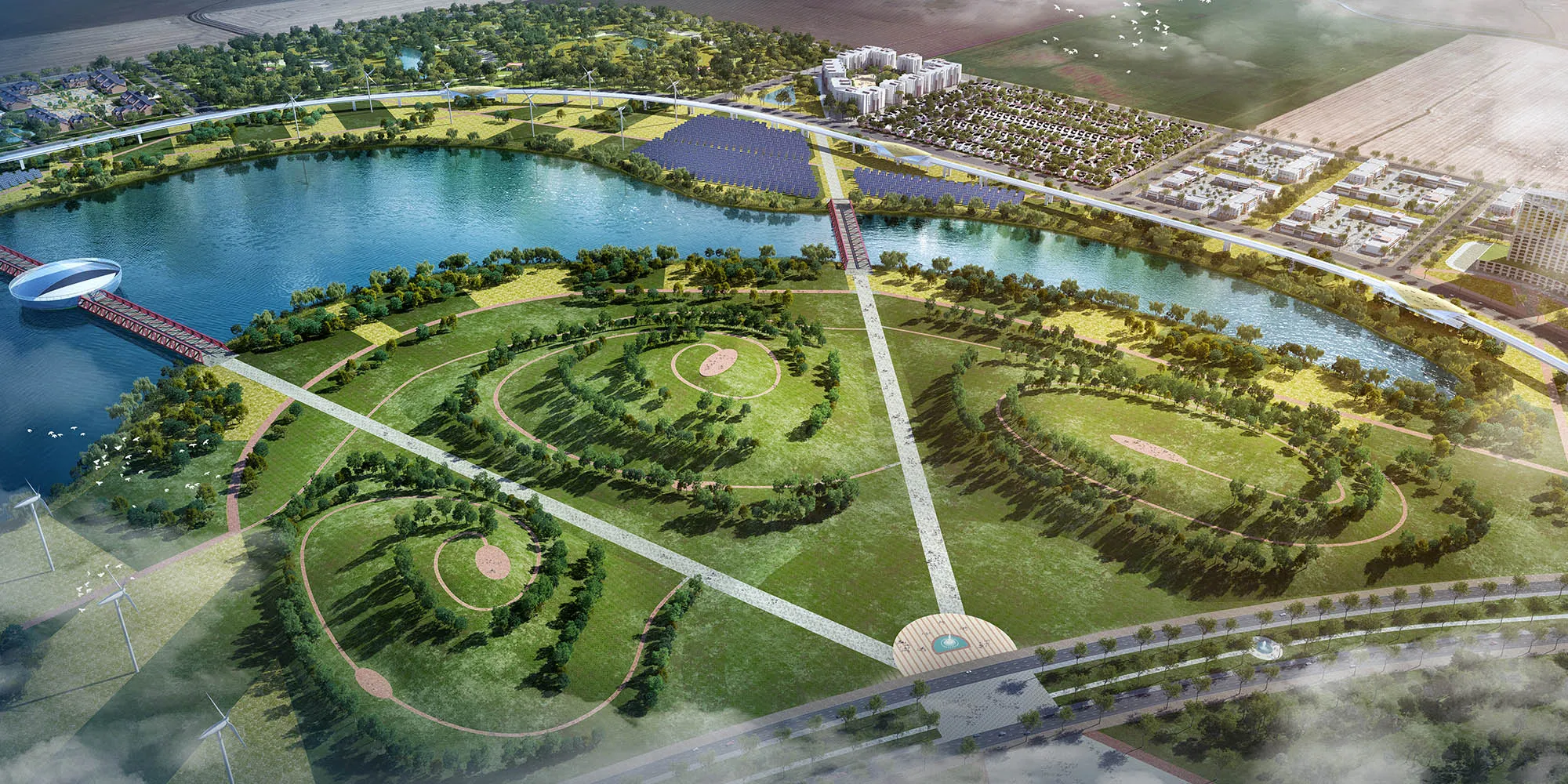Enhancing Community Well-being: The Case for an Updated Recreational Master Plan
Recreational spaces, such as parks and community centers, serve as vital hubs for fostering community cohesion and well-being. The COVID-19 pandemic has underscored the importance of these spaces, highlighting their role in promoting both physical and mental health. As communities face the challenges of an increasingly urbanized world and the growing prevalence of mental health issues, the need to optimize local recreational spaces becomes paramount. In this context, an updated recreational master plan emerges as a crucial tool for community development and resilience.
Maximizing Community Strength through Recreation
Recreational facilities are not just amenities; they are catalysts for creating vibrant and healthy communities. These spaces provide opportunities for social interaction, physical activity, and cultural exchange, thereby fostering a sense of belonging and inclusivity. By promoting active lifestyles and providing spaces for leisure and relaxation, recreational facilities contribute to improved health outcomes and reduced pressure on healthcare systems.
Moreover, recreational spaces serve as platforms for community engagement and volunteerism, instilling a sense of civic pride and collective responsibility. By nurturing a culture of participation and stewardship, these spaces help build resilient communities capable of addressing local challenges and seizing opportunities for growth.
Aligning Recreation with Community Needs
Updating a recreational master plan is not merely a bureaucratic exercise; it is a strategic investment in the well-being and vitality of a community. By engaging stakeholders and assessing current and future needs, communities can ensure that resources are allocated efficiently and equitably. This process allows decision-makers to identify gaps in recreational infrastructure, prioritize investments, and leverage partnerships for maximum impact.
Furthermore, an updated master plan enables communities to adapt to changing demographics and societal trends. As populations evolve and lifestyles shift, so too must recreational offerings evolve to meet new demands. By staying attuned to these changes, communities can remain resilient and responsive to the needs of their residents.
A Path Forward: Prioritize Sustainability and Community Engagement
To embark on the journey of updating a recreational master plan, communities should prioritize sustainability and community engagement. By embracing energy-efficient technologies and sustainable practices, communities can ensure the long-term viability of recreational facilities while minimizing their environmental footprint. Additionally, involving community members in the planning process ensures that the master plan reflects their values, aspirations, and needs, fostering a sense of ownership and accountability.
Conclusion: Investing in Community Well-being
Updating a community's recreational master plan is not just about improving amenities; it is about investing in the health, happiness, and resilience of a community. As the world grapples with the aftermath of the COVID-19 pandemic, the need for vibrant and inclusive recreational spaces has never been more apparent. By embracing sustainability, community engagement, and strategic planning, communities can create master plans that serve as blueprints for building thriving and resilient communities for generations to come.
About Nadi Group:
For decades, Nadi Group has been at the forefront of providing exceptional outdoor hospitality, amenity design and landscape architecture services. Our commitment to quality and sustainability ensures that our masterplans not only meet the needs of today, but also anticipate the challenges and opportunities of tomorrow.
Let us partner with you to assess your community assets, refine areas in need while creating a beautiful optimal recreational master plan that benefits both stakeholders and residents in the long term.


